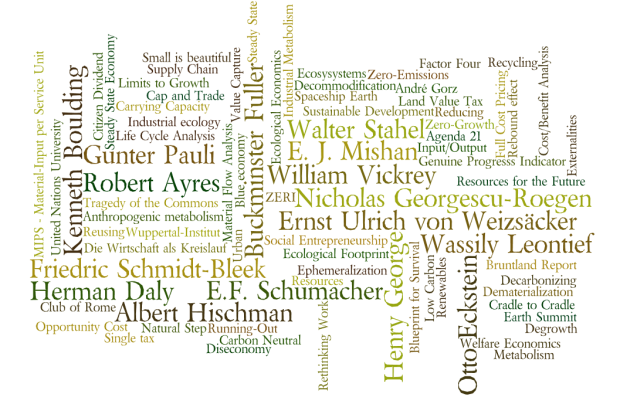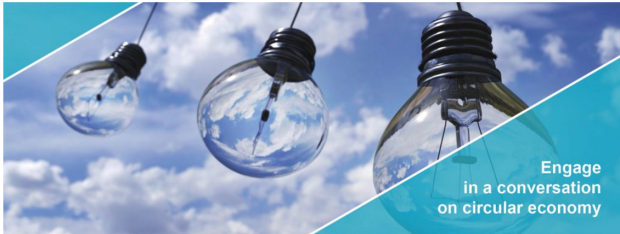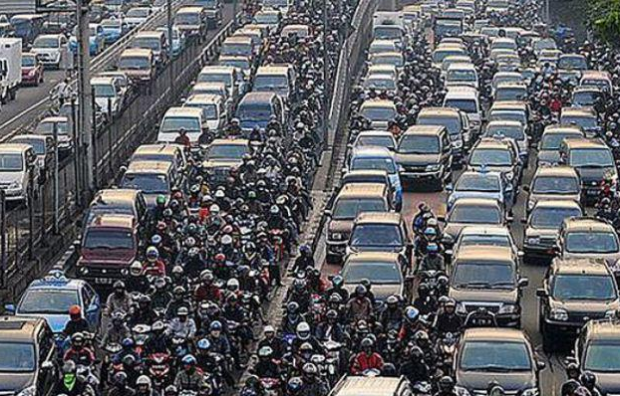
More often than not the concept or application of what is called”Circular Economy” is treated as an entirely new toolbox or approach, that is to say somehow historyless, This is or course far from the case.
The goal of the above quickly fashioned mosaic is to serve as a reminder — and incomplete reminder — of some of the great men and great thinking that came before, with this listing taking us up to the beginning of this still new century,. (Surly I have missed here some of the important figures, who to my mind constitute the Ffounding Fathers of Circular Economy. So please fo not be shy and share your thoguhts on this with us.)
And just in case it did not strike you, they are, to a man, just that: all males. I don’t quite know what to make of this, but it is at the very least worth noting. And worth stressing, that any such concept that does not include full participation and leadership from women as well is doomed to fail. So let’s think about that for a bit.
# # #
Eric Britton
13, rue Pasteur. Courbevoie 92400 France
Bio: Founding editor of World Streets (1988), Eric Britton is an American political scientist, teacher, occasional consultant, and sustainability activist who has observed, learned, taught and worked on missions and advisory assignments on all continents. In the autumn of 2019, he committed his remaining life work to the challenges of aggressively countering climate change and specifically greenhouse gas emissions emanating from the mobility sector. He is not worried about running out of work. Further background and updates: @ericbritton | http://bit.ly/2Ti8LsX | #fekbritton | https://twitter.com/ericbritton | and | https://www.linkedin.com/in/ericbritton/ Contact: climate@newmobility.org) | +336 508 80787 (Also WhatApp) | Skype: newmobility.)






 The idea of slowing top speeds on traffic in the city to reduce accidents and achieve other important systemic benefits would seem like a pretty sensible, straightforward and affordable thing to do. For a lot of reasons. Let’s have a look.
The idea of slowing top speeds on traffic in the city to reduce accidents and achieve other important systemic benefits would seem like a pretty sensible, straightforward and affordable thing to do. For a lot of reasons. Let’s have a look. We’re all focused on the drama and entertainment of Trump’s takeover of the world’s centre of military, security and economic power. For some it’s exciting and entertaining, for others terrifying and apocalyptic. I too have been glued to the news – at various times having each of those responses! But now I’ve come back to earth, recognising it all for what it is. Important, but a sideshow to a much bigger and more important game. And on reflection, I’m glad he got elected.
We’re all focused on the drama and entertainment of Trump’s takeover of the world’s centre of military, security and economic power. For some it’s exciting and entertaining, for others terrifying and apocalyptic. I too have been glued to the news – at various times having each of those responses! But now I’ve come back to earth, recognising it all for what it is. Important, but a sideshow to a much bigger and more important game. And on reflection, I’m glad he got elected.
